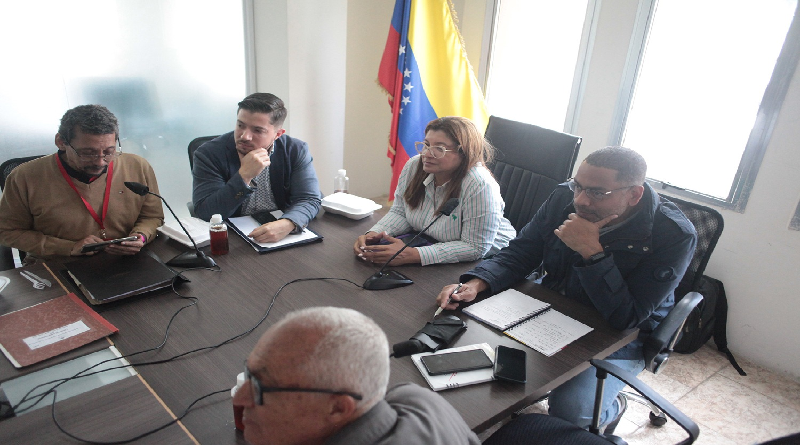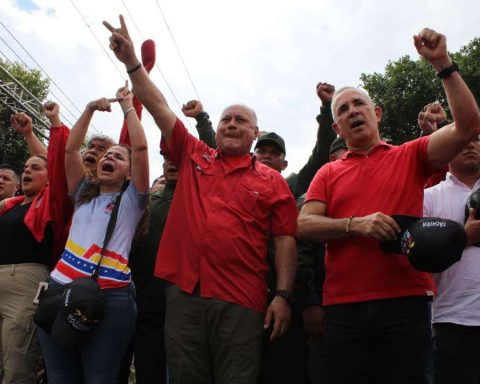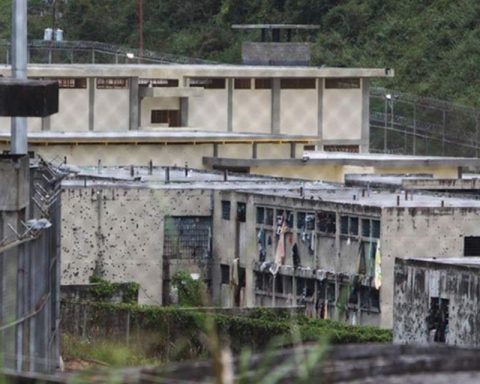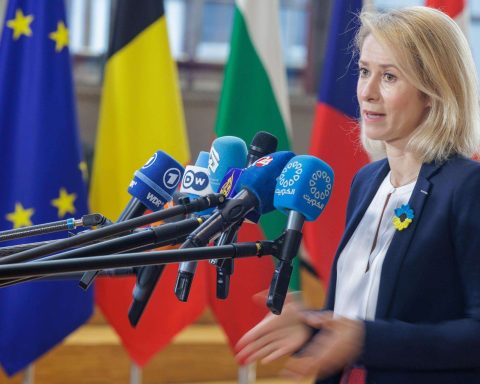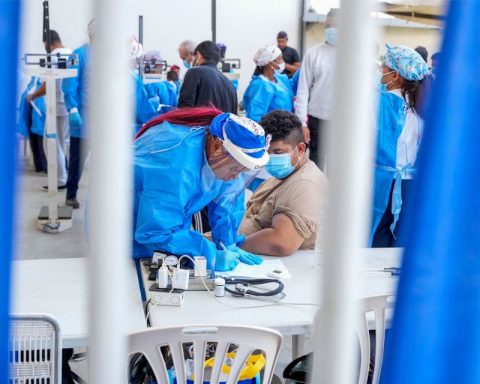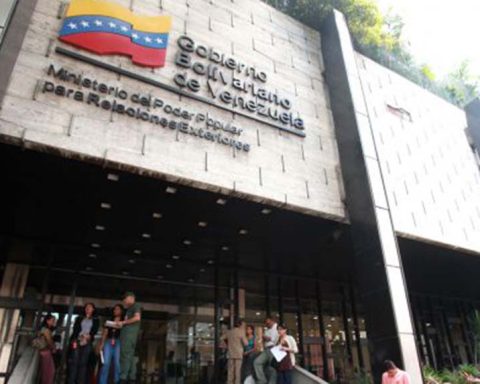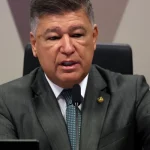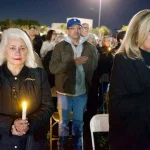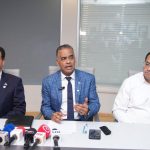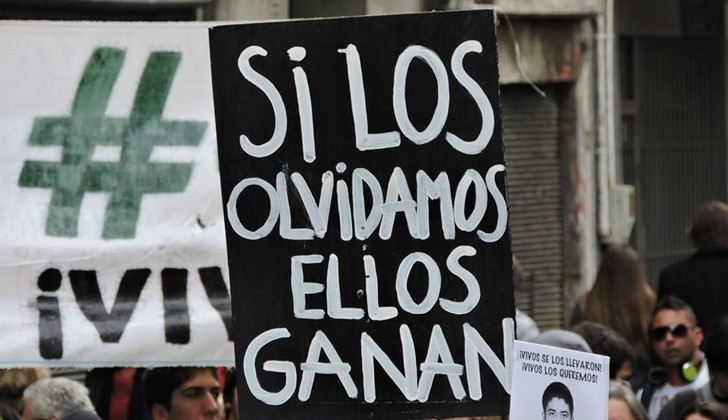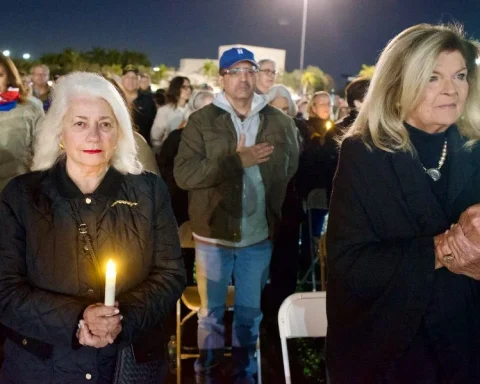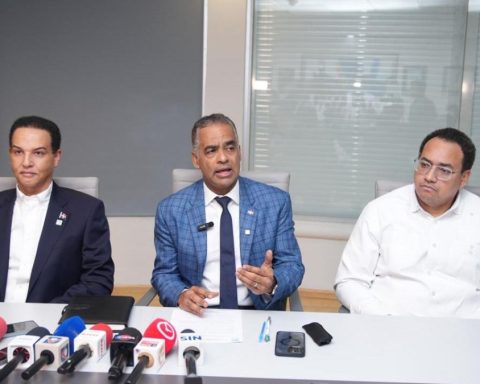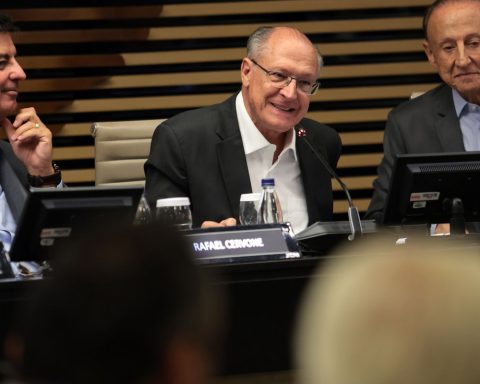The Permanent Commission for the Development of the Communes approved, this Thursday, the Report for the Second Discussion of the Reform Project of the Organic Law of the Communes.
The text, which seeks to strengthen the practice of co-management in communal territories, will be sent shortly to the Board of Directors of the National Assembly (AN), who will decide the date of the debate in the Parliamentary Plenary, reports a press release from the National Assembly.
The president of the Subcommittee for the Development of Training in Values for Socialism and Community Participation, deputy Liliana González (PSUV/Miranda), explained that with the adaptation of this law it is possible to consolidate five fundamental elements, the first being construction of a democratic, social State of law and justice.
Secondly, a special chapter is created for the Communal Parliament, which establishes powers that reflect the National Legislative Power, through the formation of legislative committees in communal councils, for the exercise of social street parliamentarianism and the legislator people in the territory.
As a third element, the structure of the State is consolidated, with the creation of the five powers in the commune, such as Executive, Legislative, Judicial, Electoral and Moral, which is reflected in the territories and the forms for the election of the spokespersons in each one of the powers of these bodies.
Likewise, it contemplates the organization of the Communal Government through the territorial vice-presidencies, such as Economy, Planning, Social Development and the Revolution of the Missions, Political Sovereignty, Security and Peace and Development of Territorial Socialism.
Fourthly, the parliamentarian explained that the organization of the Communal Government is located. “According to the laws of State administration, territorial vice-presidencies are created, which have to do with the vice-presidency of security and peace, with science, technology and education, which are the same as those of the government,” she specified.
The presidential councils of Popular Power, created by decree of the National Executive, are inserted to articulate with the communal councils and elect those responsible. The Community Justice and Peace Council is also created, for the election of justices of the peace, which is part of the national justice system approved by the Supreme Court of Justice (TSJ).
Finally, Deputy González reported that the current law, which dates back to 2010, has 66 articles and, with this reform, it is now 59; It maintains its seven chapters, with which the State has been more communalized, so that the people become more empowered in public policies.
